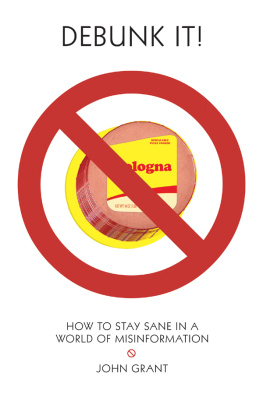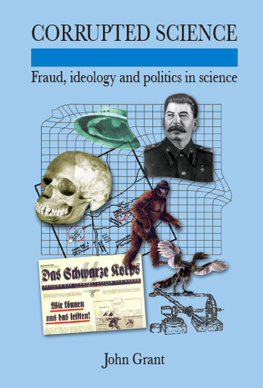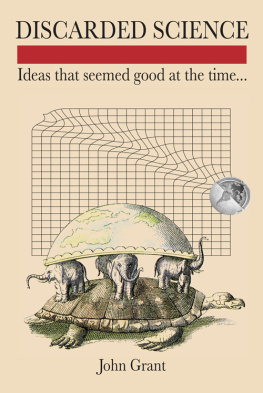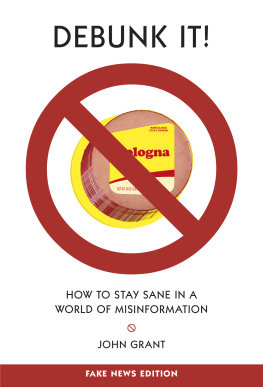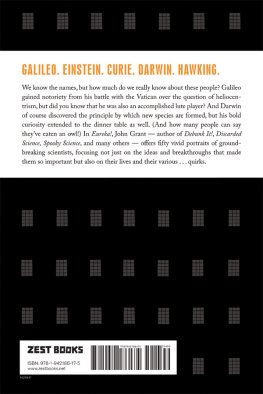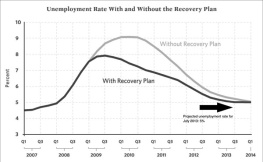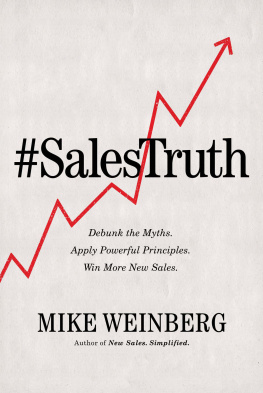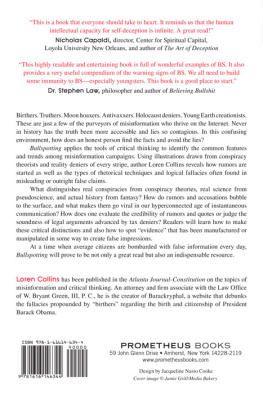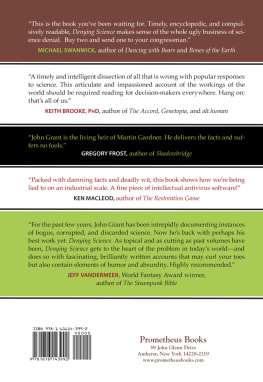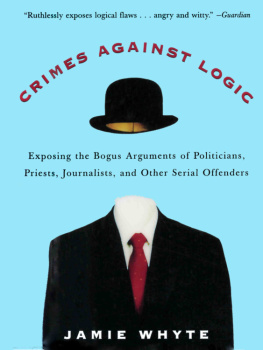INTRODUCTION
Let me tell you a story...
For good or ill, Ive written a number of books about how people misunderstand science, graft their own loopy ideas onto it, or try to distort it so they can pretend it says one thing when its really saying something else. Because of these books, I get invited from time to time to speak at libraries and schools, rationalist societies, book clubs, science fiction conventionsyou name it. What usually happens is that, first, I give my carefully prepared spiel, and then the interesting part of the event starts, which is the question-and-answer session.
At one of these eventsin which I had explained how some people were trying to use the pretense of academic freedom to get Creationism taught in school science classesa young man named Franklin, aged maybe fourteen or fifteen, said, What we kids need is a sort of guide to bullshit. All too often, he went on, young people are in a situation where some adults are telling them one thing is true while others are telling them quite the opposite. If they go online to try to find out the truth, it often gets even worse. Itd be cool if there was a book not just poking holes in some of the anti-science crap people try to get us to believe, but also telling us how to tell the bullshit from the good stuff.
There were quite a few things for me to learn from his few short sentences, the most important of which was that the world could do with a whole lot more Franklinswhether in Congress, in the media, teaching, or even (and this struck a bit close to home) writing books. Its not young people who spread stupid ideas about science, after all, but older ones. And, as hed told me, it can be hard for younger people to sort out the reality from the trash, the genuine information from the stuff that people are just making up because it suits their political beliefs, or because its more comforting to believe a lie than face an unpalatable truth, or simply because sometimes dealing with problems requires getting up off the couch and doing something, so its easier to pretend those problems dont exist.
I wanted to catch up with Franklin afterward to ask him if I could steal his idea, but by the time I was able to start looking for him hed gone. So, wherever you are, Franklin, this book is for youalong with my heartiest thanks.

Now, heres a question for you: How do you know the above story isnt bullshit?
How do you know I didnt just invent it? Ive written lots of fantasy stories, after all. How can you tell this isnt just another one?
Well, some parts of the story are easy enough to check. You can find out through Wikipedia or Goodsearch or the online Encyclopedia of Science Fiction that I do indeed write those science books. It might take a little longer, but you should be able to find evidence that Ive given talks on subjects like science denial to various groups. But, unless you happened to have been there that night, youre never going to know for sure if Franklin said those things or even if there was a Franklin. Maybe it was some other guy who made those remarks, or maybe Ive pieced them together from what a lot of different people have said to me during question-and-answer sessions, or just in general conversation. Who knows?
And Im not about to tell you, because it doesnt matter. Whats important is the fact that this talewhether true or falseis basically indistinguishable from the many tricks dishonest people use when they realize they cant produce evidence or a rational argument in defense of their position. The trick is misdirection. Although its obviously of vital significance to Franklin and his parents whether or not he exists, it doesnt make much difference here. Ignoring the minor, inconsequential facts and concentrating instead on the actual substance of what someones telling you is an easy tool you can use to defend yourself against bullshit. If that main point checks out, or at least if enough of it does, then maybe, just maybe, theyre telling you the truthor at least the truth as they know it. And thats a start.

Heres an old saying: The trouble with having an open mind is that people come along and put things in it. Its like when someone puts a Dumpster at the side of the road because theyre moving house and want to get rid of all the junk theyve accumulated over the years. The next thing they know, the whole neighborhoods thrown their junk in, and the Dumpsters full.
We all want to be open-minded. Human knowledge and human understanding are charging along at an ever-increasing pace. New technologies appear all the time. There are fresh ideas popping up in countless other areas, too, from music to books to movies to the interneteverywhere you turn, in other words. If you dont have a flexible mind, if you cant absorb and adapt to all these new ideas, youre in difficulties. At the same time, you dont want your head to become like that Dumpster: full of other peoples garbage.
So, how do you strike the balance?
Most of the answer is a natty little device called critical thinking.
Well be talking about critical thinking much more in the chapter called Building Your Own Bullshitometer (). A lot of people dont know theres even such a thing as critical thinking (or analytical thinking, as its sometimes called). As far as theyre concerned, were all born knowing how to thinkits not something we need to learn. And its easy to understand their mistake: While even the brightest human beings are capable of being quite numbingly stupid, and groups of people can be even stupider than that, overall theres no denying that were a very intelligent species. But, just in the same way that the worlds most powerful computer is only as good as the software you put into it, a human being needs not just to have the ability to think but also to know how to do itsomething we have to learn.
This isnt such an odd idea as it might at first seem. You wouldnt be understanding these words unless at some point youd learned to read. Theres nothing controversial about saying people are born with enough intelligence to be able to read, but need to learn how to actually do it. Well, its the same way with thinking. Even so, plenty of folk are resistant to the notion that rational thinking doesnt just come naturally. Try telling someone they dont know how to think and see what happens.

